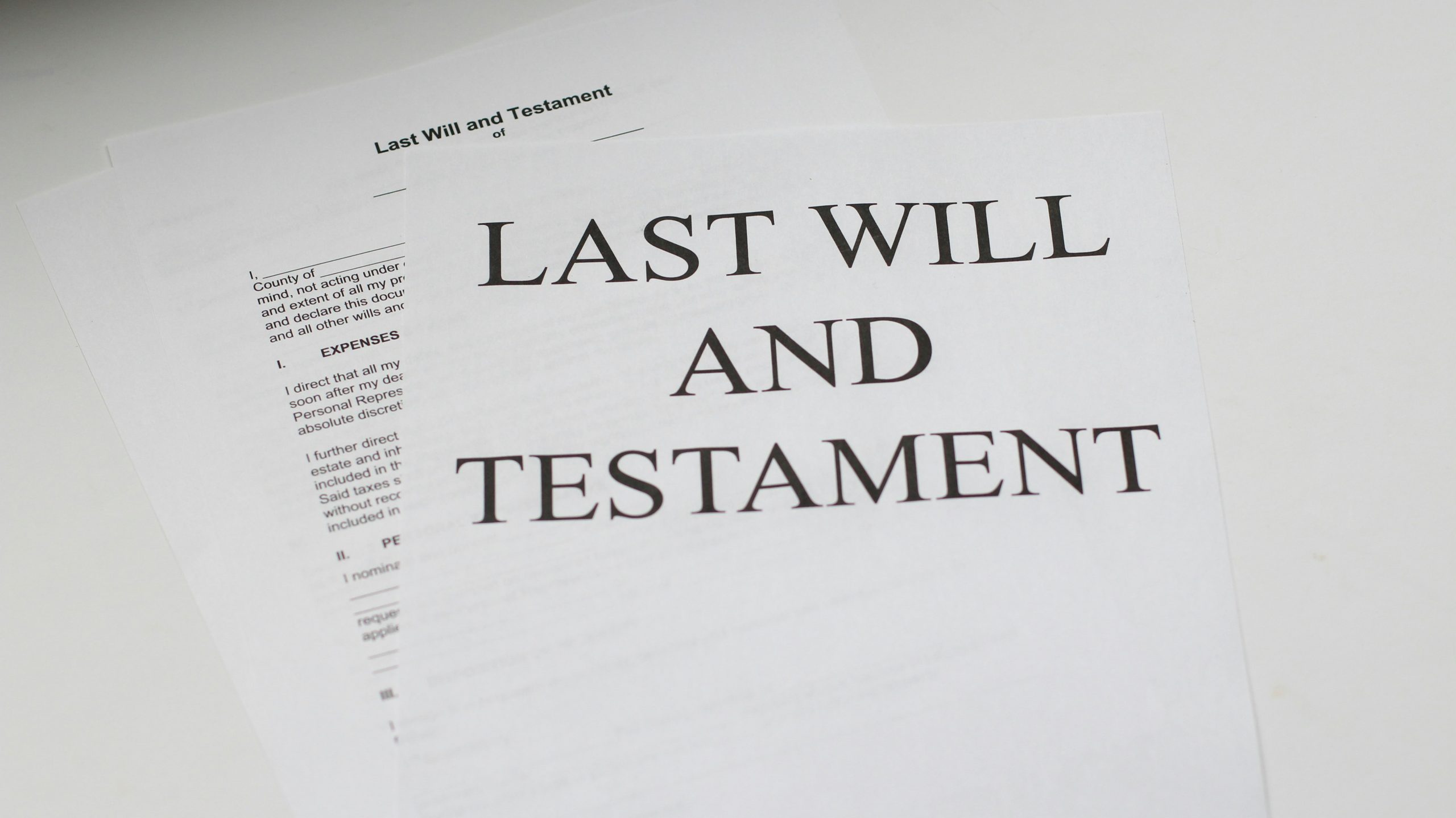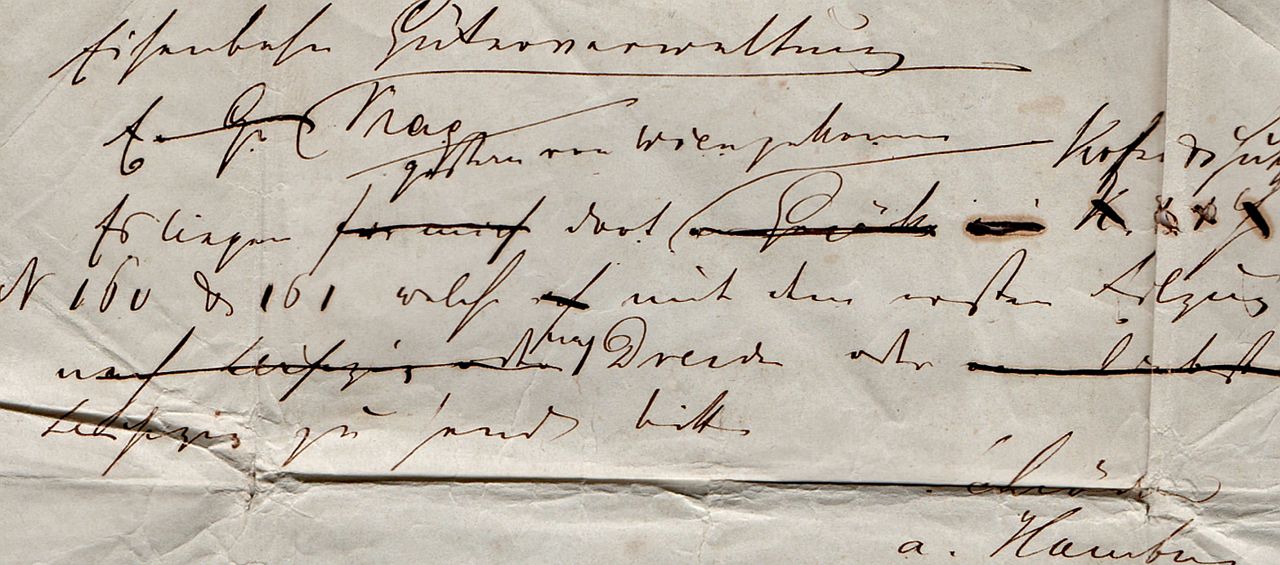Your Will is a crucial element of your overall estate planning. “Estate planning” refers to all those important documents and decisions that you make to govern what happens to your body and your belongings if you lose the capacity to manage for yourself including after your death.
Estate planning can also include Power of Attorney and Guardian appointments, business succession agreements and superannuation binding nominations.
When you create a Will it is very important that you exercise free choice. After all, it is your wishes being recorded. Recording your wishes in a Will involves naming who you want to be in charge of your assets (your “executor”) and who you want to receive your assets (your “beneficiaries”) after your death. Having a valid Will is the best way to ensure your final wishes are appropriately carried out.
Your Will can be disputed if an interested party (a relative, close friend or carer for example) suspects that you (the “Will-maker” or “testator”) was under ‘undue influence’ at the time you gave your instructions for the Will to be drafted.
What is ‘undue influence’?
Undue influence refers to situations where a testator is under pressure to write a document (e.g. a Will or Power of Attorney document) in a way that actually goes against their true wishes. Manipulative behaviour such as blackmail, threats, lies and flattery may be used to unduly influence a Will-maker.
The primary purpose for someone to use undue influence in relation to Wills is so that they can gain more benefit from the testator’s estate. This is often at the expense of other beneficiaries, which may lead to family provisions claims (link to other elringtons articles re: FPA claims) by those unfairly treated family members of the deceased person.
For example, a deceitful child might make false claims about certain siblings to convince parents to leave their brothers and sisters out of an inheritance or disproportionately favour themselves. In other circumstances a new neighbour may befriend an elderly person and charm them in order to become a beneficiary of their Will in place of relatives in need of provision from the testator’s estate.
If a deceased person has left their whole estate to a single person, particularly if that beneficiary is a new acquaintance or unknown to other friends and family, this might be a sign that undue influence has occurred.
The Courts can determine that a Will is invalid if it is proved that undue influence has occurred. But how can someone prove that their loved one was coerced to make their Will?
How do you prove undue influence?
It is not an easy task to prove that a person was under pressure to write, sign or give instructions for their Will. Claiming that undue influence occurred is a serious allegation and the job of proving that it occurred is up to the person making the claim.
Witnesses to the production or signing of the Will may be able to provide evidence that the testator was coerced by someone who stood to benefit.
Other important evidence might come from the previous Wills of the deceased person. If the last Will is markedly different to previous Wills or differs greatly from their verbally stated intentions, the previous Wills might be used as evidence of the deceased person’s actual intentions.
There is no guarantee that any one of these factors will sway a judge, so please seek legal advice from a Wills and Estate Planning lawyer and let us help you make your case.
Contact elringtons Lawyers if you believe a friend or family member was under undue influence when making estate-planning decisions.
For more information or to make an appointment contact: Kerin Cotchett
e: kcotchett@elringtons.com.au | p: 02 6206 1300
Further reading

elringtons lawyers regularly provide legal advice in relation to a range of estate planning matters. Please contact our Wills and Estate Planning Team for more information or to make an appointment call (02) 6206 1300












